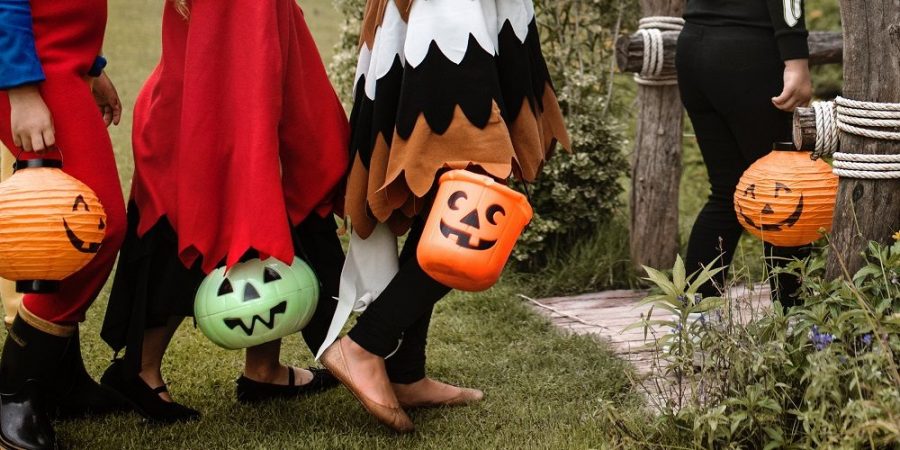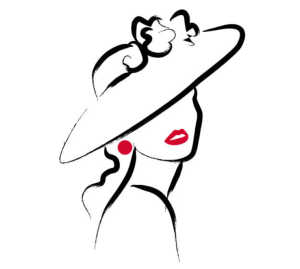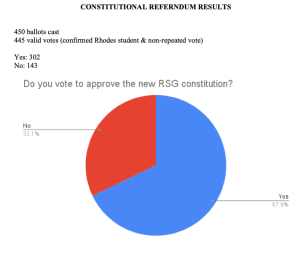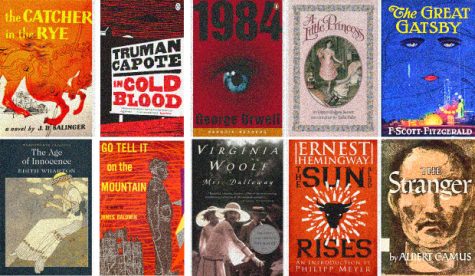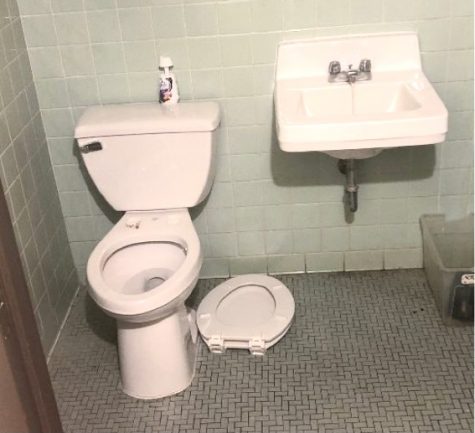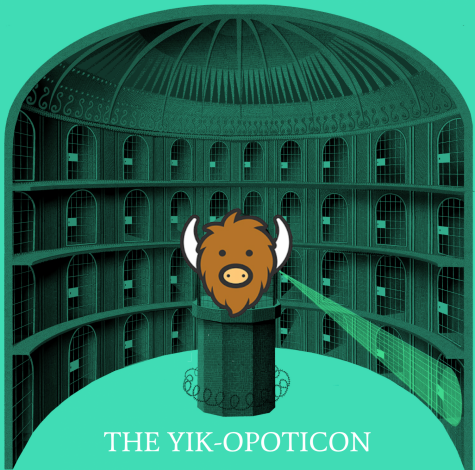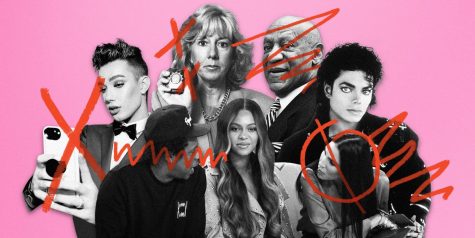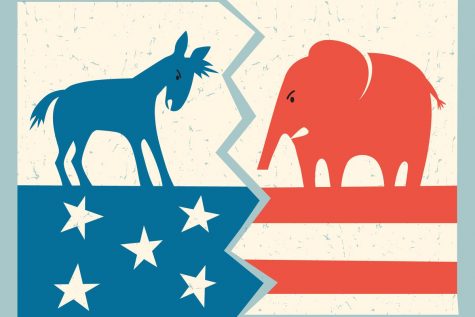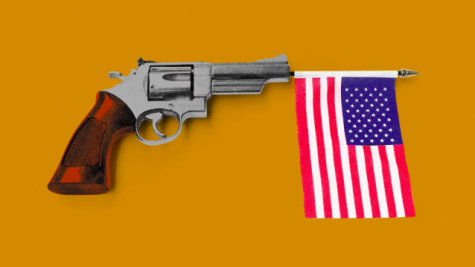Culture is not a costume
October 27, 2018
With Halloween and parties swiftly approaching, I wanted to make a statement about Halloween costumes in general. Please remember to choose your costumes thoughtfully this weekend. Make it a point to avoid any outfits/makeup that would be considered a part of someone’s culture, identity, values, or background. There is a thin line between cultural appreciation and cultural appropriation, and if you are trying to portray someone else’s experience or culture through a costume, it can be easy to cross that line, even if that line is not always that easy to see.
Cultural appropriation is defined as “the adoption of elements of a minority culture by members of the dominant culture” and “the act of taking intellectual and cultural expressions from a culture that is not your own, without showing that you understand or respect the culture.” Cultural appreciation turns into cultural appropriation when the person borrowing aspects of the culture come from a place of privilege and the person who it is being borrowed from is marginalized.
Some examples of costumes that are NOT okay: blackface, Native American attire, religious attire, dreadlocks, afros, sugar skull makeup, any costume that mocks, stereotypes, or trivializes a culture, religion, ethnic group, or any group of marginalized people.
Wearing such costumes are examples of cultural appropriation because these groups of people face prejudice and discrimination, and seeing people wearing their culture as costumes is offensive since they have the privilege of not experiencing that same prejudice.
A big piece of this argument is based on this idea of the melting pot of America and the rise of multiculturalism in this country. How can we appreciate someone else’s culture if we stay in our own lanes? Do we only eat the foods of “our people”? Do we not never watch movies of other cultures? No, it is not cultural appropriation when you make Indian food at home or when you decide to watch a Mexican telenovela. However, you have to think about the history of oppression that these cultures experienced. When you put on a costume, you aren’t experiencing that oppression or the shame that these groups of people face when they wear it regularly as a part of their identity.
For example, when a black person wearing dreadlocks is turned away from a job opportunity because of their hair, but a white person can wear them as a Halloween costume without any consequences, that is cultural appropriation. Wearing a Native American headdress would be considered cultural appropriation because this regalia has sacred and spiritual meaning and is an expression of culture and identity for certain groups of Native Americans.
That being said, Halloween is all about having fun. Being mindful of the costumes that you wear does not take the fun out of this weekend. Do your homework and look it up if you have any doubt because navigating the difference between cultural appreciation and appropriation can be tricky. I am confident that everyone will plan their costumes with respect and excitement in mind! Have a fun and safe Halloweekend. Make good decisions!



